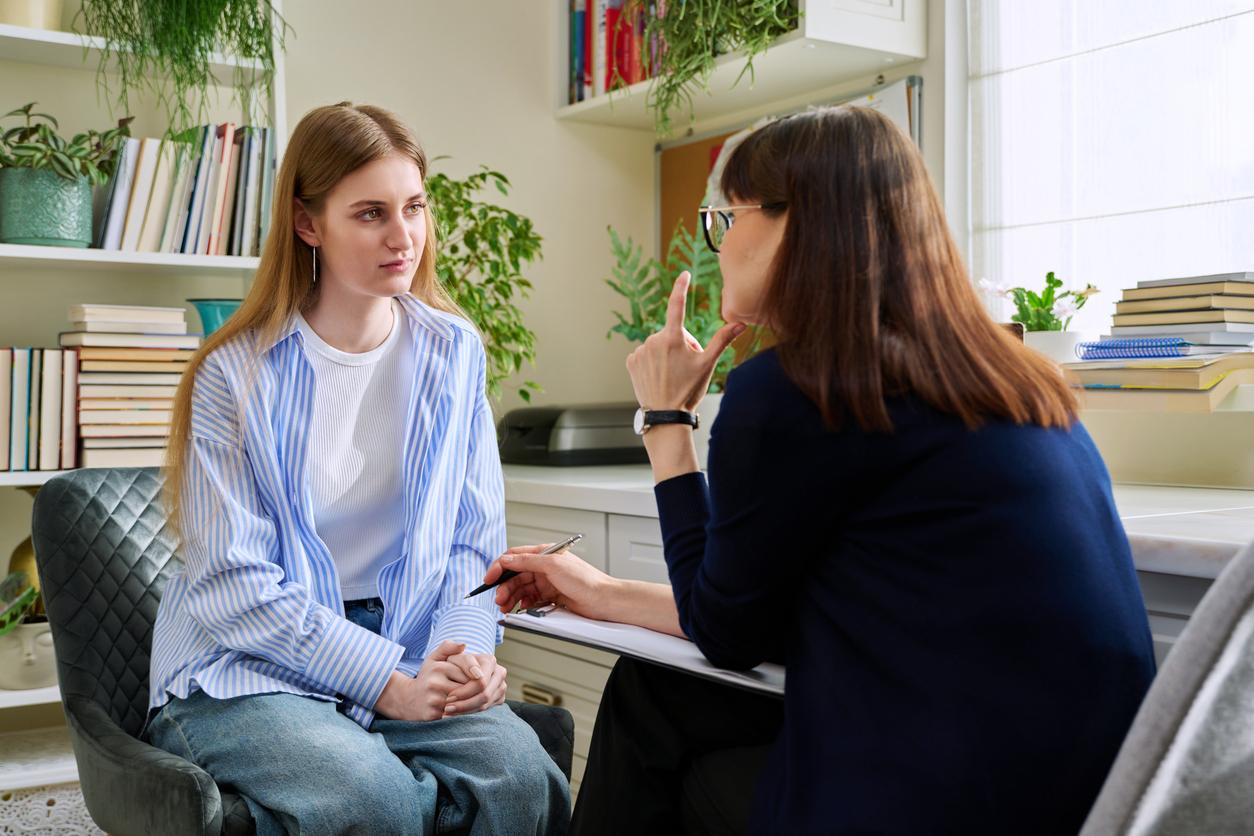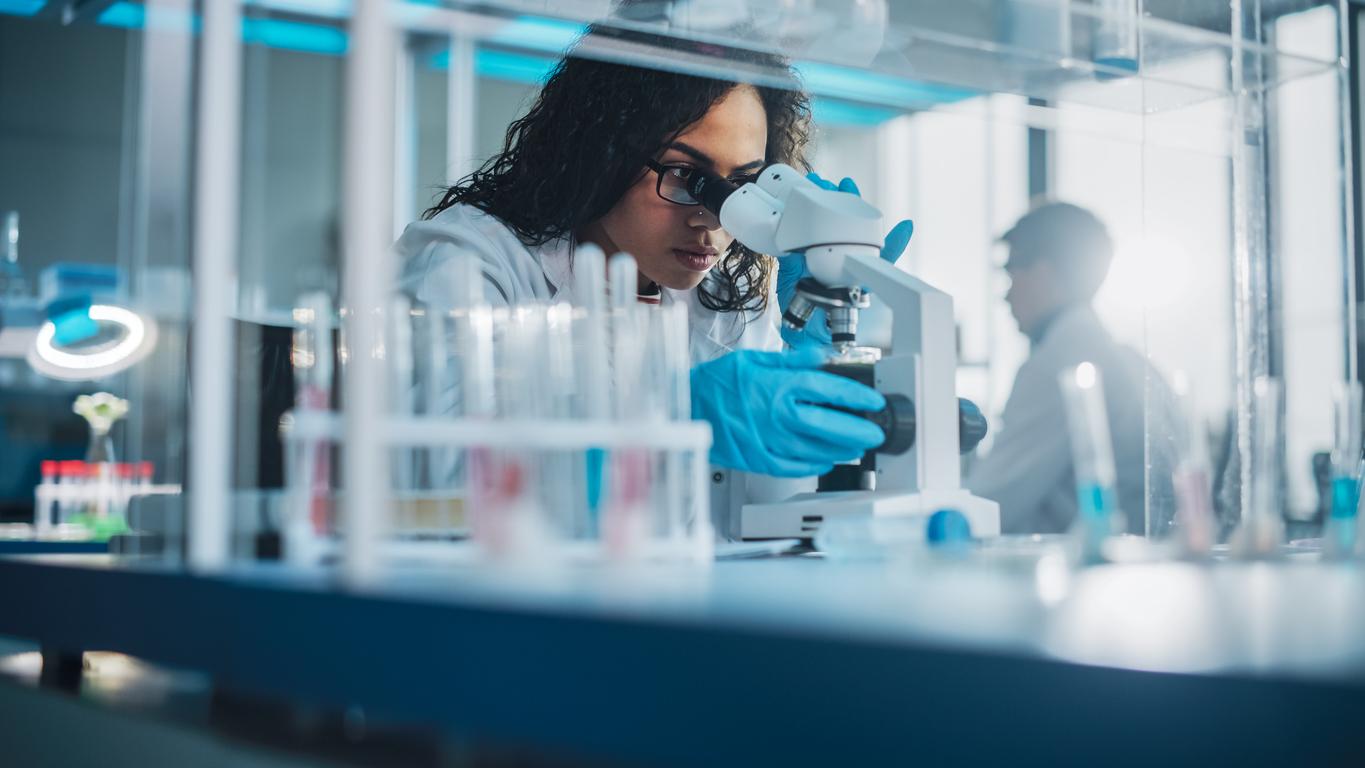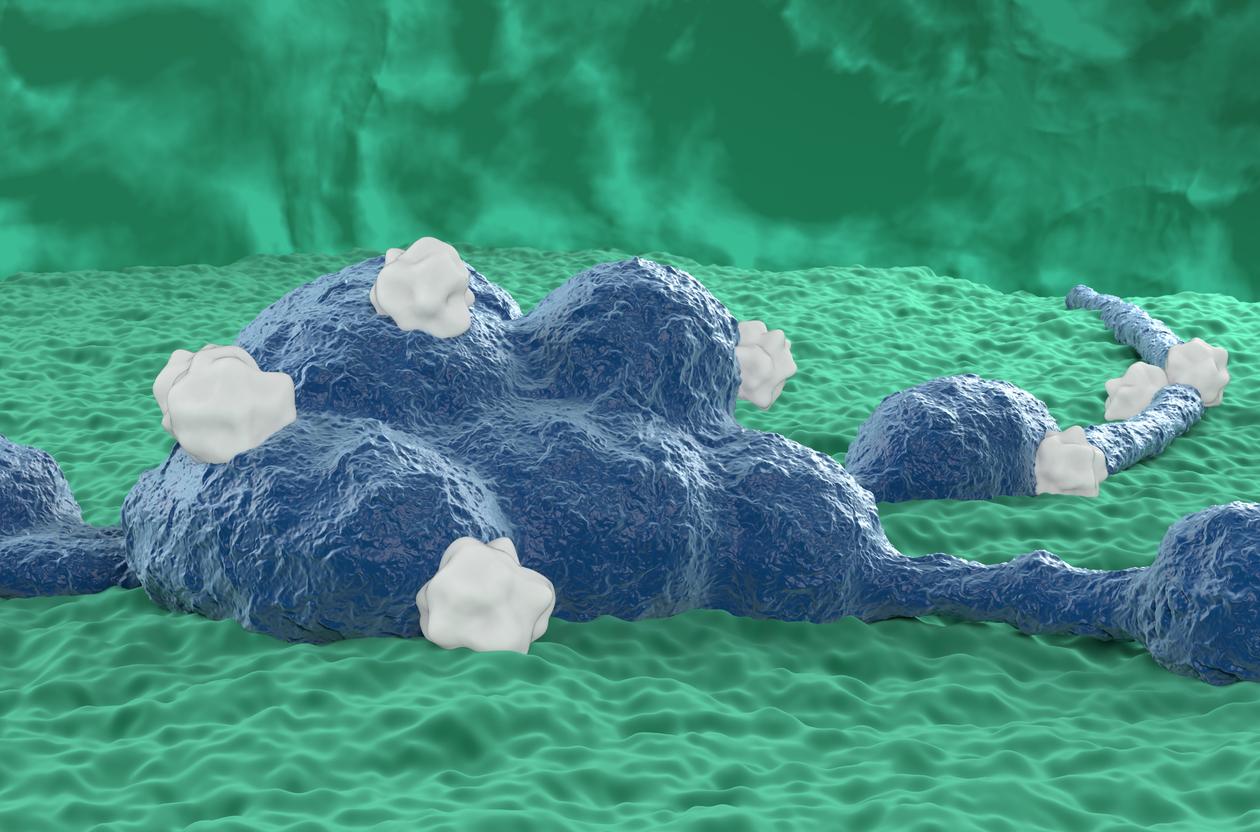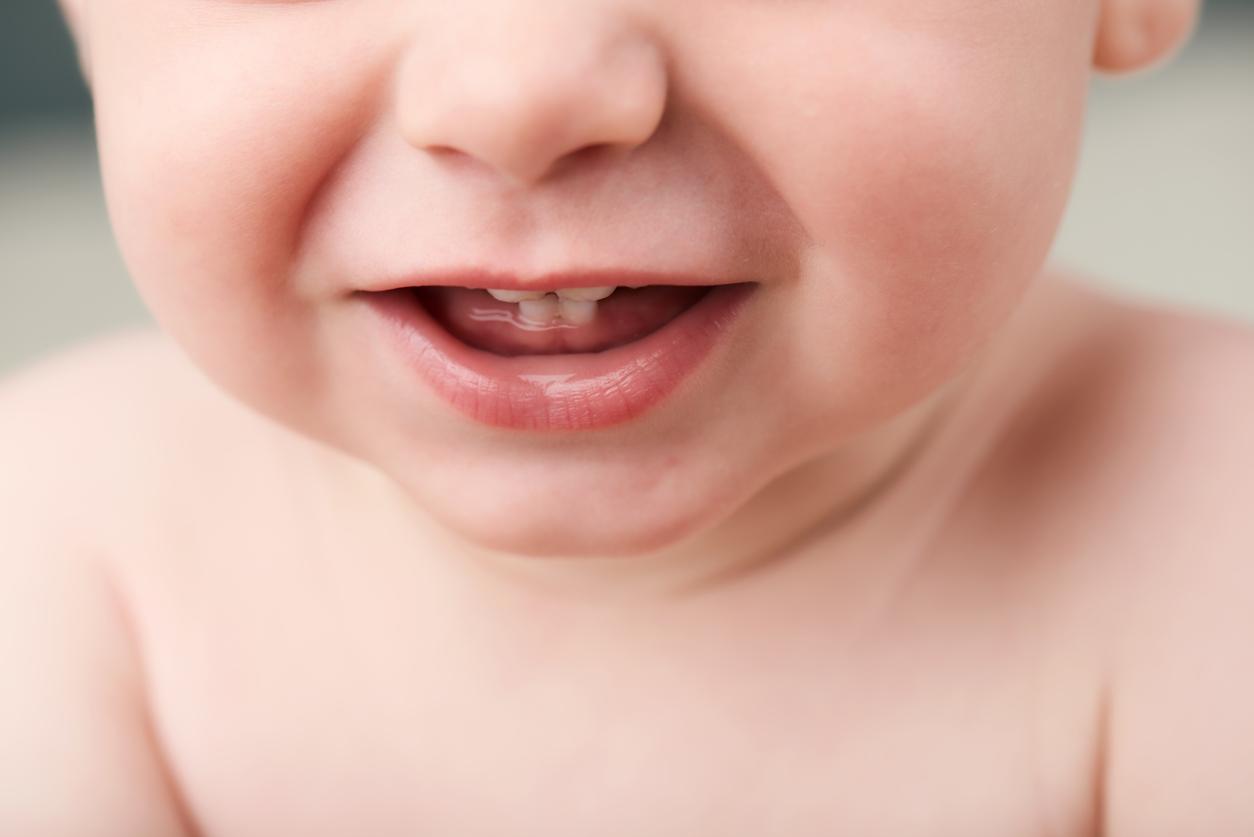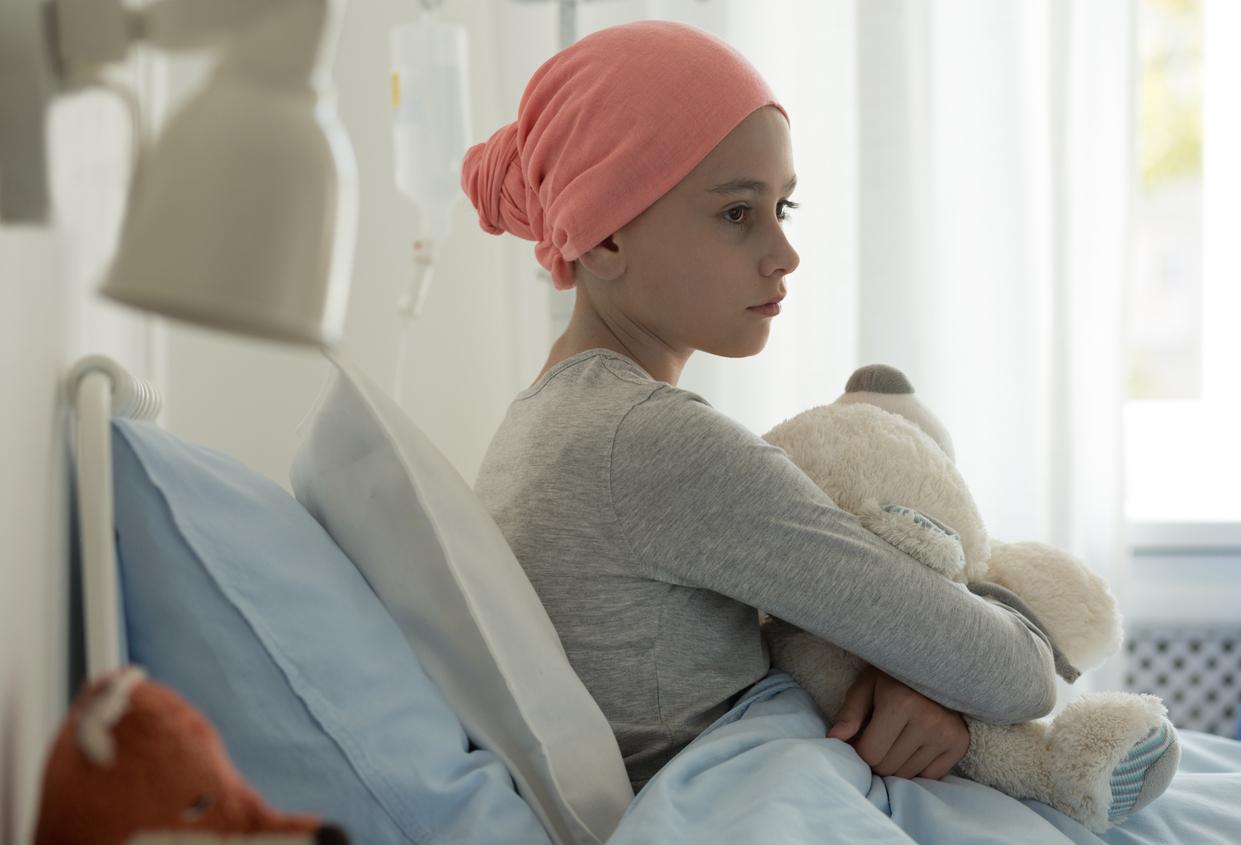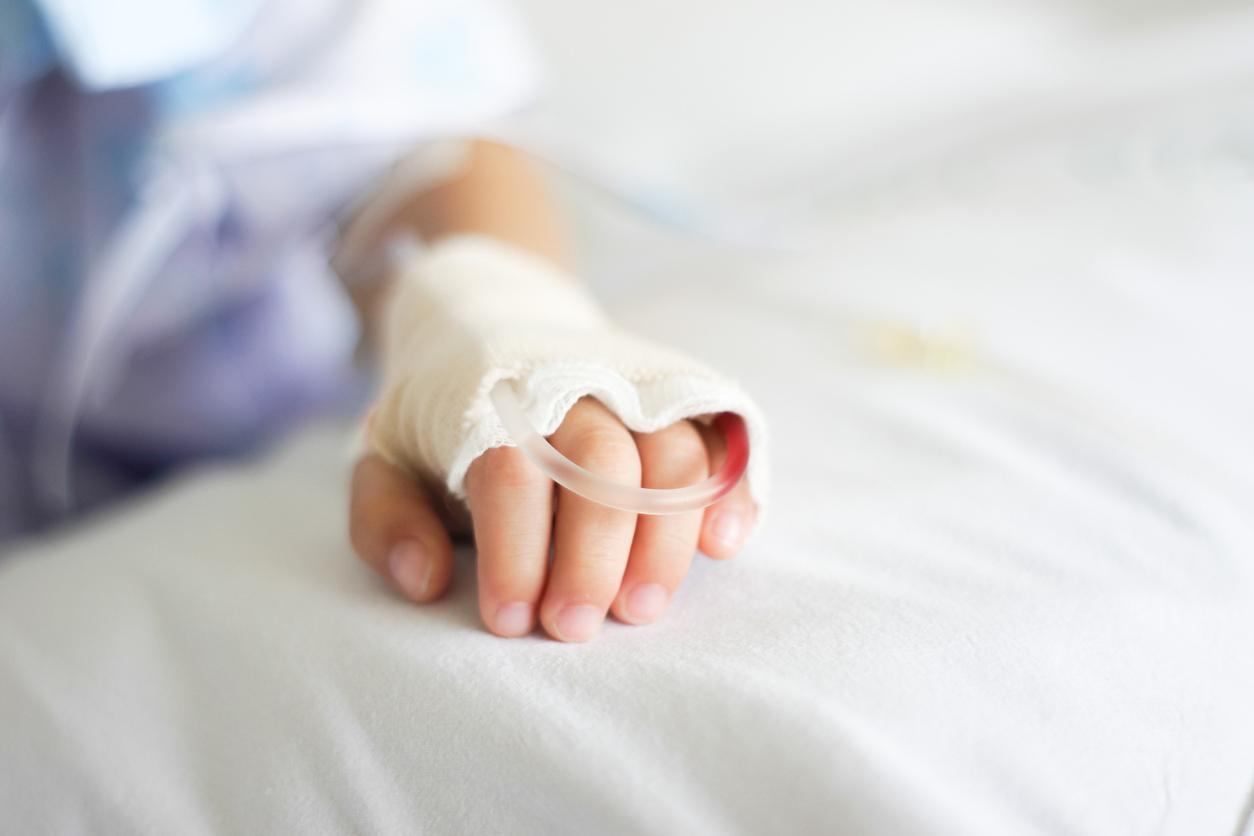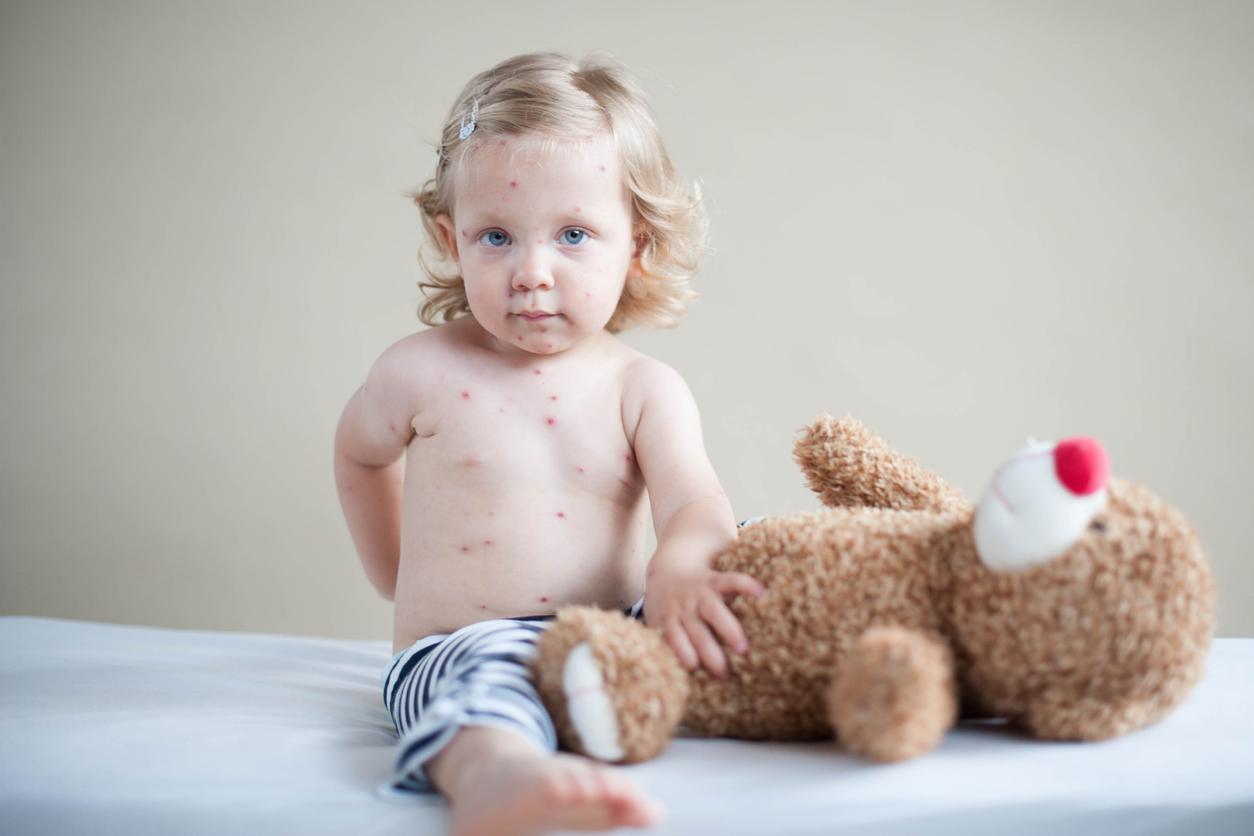Thanks to advances in research, 80% of children with cancer in developed countries are now cured. But progress remains to be made to improve care.

- Cancers are the fourth leading cause of death between the ages of 0 and 15
- There are too few specific treatments to manage pediatric cancers
- Only epidemiological studies would identify the risk factors
Each year, approximately 2,500 new cases of cancer are diagnosed in children and adolescents – 1 in 440 young people will be diagnosed with cancer before the age of 15. With 500 deaths per year, cancers are the fourth cause of death between 0 and 15 years, and the second cause of death for more than 1 year after accidents.
Defeat long-term sequelae and incurable cancers
The survival of young affected patients has improved very significantly and now exceeds 80%, all cancers combined, compared to 20% more than fifteen years ago. However, “there are still incurable childhood cancers today, such as brainstem tumors”, says Professor Gilles Vassal, pediatrician, oncologist, pharmacologist and professor of oncology. “Two out of three cured children also live with long-term sequelae of the treatments or the disease”, adds the specialist.
Improving knowledge of the molecular mechanisms responsible for pediatric cancers would thus make it possible to exclude or reduce the use of therapies that are too harmful, and to reduce adverse effects and long-term sequelae.
Adapting adult therapies to children
With 60 different types of cancer, childhood cancers are rare diseases, and have nothing to do with adult cancers. “Children don’t drink, don’t smoke, don’t have years of lack of physical activity and poor diet behind them… So they have different cancers than adults. In children, for example, there is leukemia, brain tumors but not breast cancer, colon cancer or prostate cancer”, explains Gilles Vassal.
However, whether for cancer treatments or other treatments for children, the drugs offered are always from the adult sector, not adapted to the physiological specificities of children. “There are immunotherapies that work in adults but do not work in children”, says Gilles Vassal. These last years, “150 new drugs have been authorized for adults and only nine for children”, laments the expert.
Must therefore “maintain efforts and amplify them to develop drugs adapted and tested for treatments in pediatric oncology” and “pursue basic research efforts to better understand the specific characteristics of pediatric cancers”, explains Leem.
Identify potential environmental causes
If the factors favoring the development of cancer have been clearly identified in adults (alcohol, tobacco, toxic products, viruses, etc.), a cause is very rarely identified in children. One of the challenges is therefore to develop epidemiological studies to search for possible risk factors. Regarding the high concentrations of pediatric cancers in small geographical areas, such as in Saint Rogatien, “We lack information. We have suspicions, but not yet proof of the environmental impact”, confirms Gilles Vassal.
Develop comprehensive support programs
Despite therapeutic advances, cancer remains a psychological and existential ordeal for both young patients and their parents. The development of support programs for the child and the family is therefore essential. “The best thing is to put in place comprehensive care (psychological, educational, etc.), so that the daily lives of sick children continue to resemble normal as much as possible”, Judge Gilles Vassal.
With this in mind, the law of March 8, 2019 aims to strengthen the management of pediatric cancers (the text provides in particular for support for family caregivers and the right to be forgotten).
Develop so-called treatments “targeted”
One of the promising avenues of research on pediatric cancers is the development of so-called “targeted”. The prerequisite for their development is the sequencing of the tumor genome.
Publicize childhood cancers
With communication operation “Golden September”, the Gustave Roussy research institute has been raising awareness of pediatric cancers since 2012. “We must make the French understand that this is a public health problem. We must cure more children and cure them better, tackle inequalities and intensify research”, concludes Gilles Vassal.
So that all children can have the opportunity to realize their dream one day, without cancer, the Institute invites everyone to share their childhood dreams with the hashtag #A7ans and to support the Institute’s researchers to progress faster against childhood cancers. At the end of September, the Institute will relay on its social networks testimonials from patients, professionals and personalities who recount their dreams when they were 7 years old.
Subject made from the LEEM file “100 questions about medicine”
Find below the LEEM sheet on the theme “Are childhood cancers better managed?“
.







